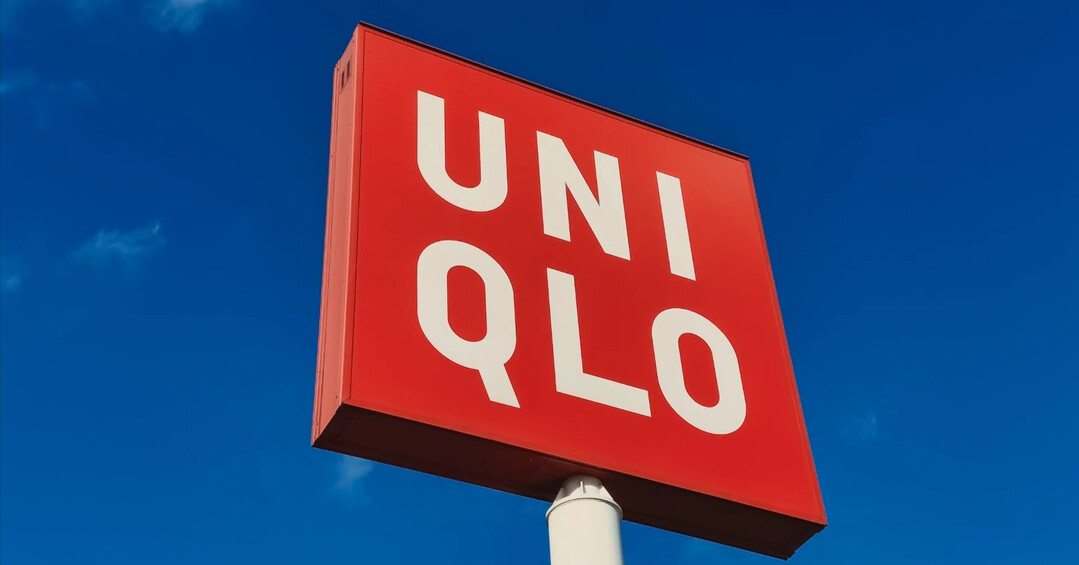
Seoul, November 19, 2025 – Global apparel giant UNIQLO is once again dominating headlines in the fashion industry, this time with its wildly successful collaboration with the cult Japanese designer brand, NEEDLES. The "UNIQLO and NEEDLES" fleece collection, featuring price points significantly lower than the designer label's usual range, sold out its initial run in just three days, causing lengthy queues and nationwide hysteria among fashion enthusiasts and the general public alike.
Last month, on October 31st, consumers swarmed UNIQLO stores across major cities, including the Lotte World Mall in Seoul, with some waiting over two hours just to enter the premises. The collaboration proved to be a powerful affirmation of UNIQLO’s strategic approach: leveraging its "LifeWear" philosophy and immense production capacity, known as the "economy of scale," to capture the dedicated fan bases of high-end designer labels.
The Fusion of 'LifeWear' and Designer Aesthetics
The collection, which includes fleece cardigans, pants, and jackets, successfully merged UNIQLO’s signature functional fleece with the distinct style of NEEDLES—specifically, its iconic butterfly logo and 1970s vintage-inspired aesthetic. This strategic blend appealed to a dual audience: providing existing UNIQLO customers with a fresh, quality variation of a familiar product, while offering fashion aficionados a highly affordable "value-for-money" version of a designer brand, whose regular items often cost hundreds of thousands of Korean Won.
This level of collaborative success is no anomaly for UNIQLO. The brand's partnership with designer Christophe Lemaire, initially launched in 2015, evolved into the permanent "Uniqlo U" line, with Lemaire now serving as the artistic director. Similarly, the "UNIQLO and JW ANDERSON" line, ongoing since 2017, has consistently woven British heritage textiles into the LifeWear concept. The brand’s newest partnership, a collection released on November 14th featuring POP MART’s popular 'The Monsters' series, further highlights this relentless commitment to strategic collaborations.
UNIQLO’s philosophy dictates that any collaborative partner must not only align with the core LifeWear tenets—simplicity, quality, function, and reasonable price—but also challenge the brand by introducing new design sensibilities, materials, or customer demographics. This approach transforms collaborations from mere marketing stunts into mutually beneficial partnerships that drive growth and expand market reach. Industry observers view UNIQLO's collaborations as a critical "experiment connecting brand fandom with the masses."
Scale Drives Success: Sales Nearly Double
The true competitive advantage of UNIQLO’s collaboration strategy lies in its economy of scale. As a global SPA brand, its vast production and distribution network allow it to implement the designs of brands like NEEDLES and JW Anderson at remarkably low price points. The synergy of large-scale fabric sourcing, streamlined production, and a global logistics system maximizes its price-to-quality ratio. While a genuine NEEDLES item can command a hefty price tag, the UNIQLO collaboration pieces were offered for just 49,900 to 59,900 KRW (approximately $38 to $45 USD).
The financial results underscore this winning formula. FRL Korea, UNIQLO's South Korean subsidiary, saw its revenue soar from 582.4 billion KRW in the 2021 fiscal year to 1.0601 trillion KRW in the last fiscal year (ending August 2024)—a near doubling of sales in three years. Operating profit also surged by 181.47% over the same period, reaching 148.9 billion KRW. This explosive growth suggests that the stability of its basic LifeWear line is now significantly amplified by collaboration lines that create high-demand peaks.
An industry source noted that UNIQLO is successfully "absorbing potential customers who were hesitant about designer brands due to the high price barrier, while simultaneously offering novelty to existing customers, thereby growing the overall market share." The continuous success of its designer partnerships solidifies UNIQLO's position not just as a mass retailer, but as a critical gateway connecting high fashion aesthetics with everyday affordability.
[Copyright (c) Global Economic Times. All Rights Reserved.]




























